
Developer: Sword & Axe LLC
Publisher: Freedom Games
Platform: PC
Tested On: PC
Dark Deity – Review
Turn-based tactic RPGs have been around for a very long time, with incredibly successful franchises such as the Fire Emblem series amongst their ranks. Dark Deity is one of the latest games to join the genre’s roster, wearing the clear influence of the aforementioned Fire Emblem series on its sleeve. Despite not being revolutionary by any means, Dark Deity still attempts to put its own twist on the usual formula; and here’s how.
Story
Taking place in the world of Terrazel, Dark Deity’s story begins when the king of Delia decides to declare war on one of its neighboring kingdoms. Pressed for troops with which to wage the war, the king sets his sights on the trainees of Brookstead’s officer academy, amongst whom Irving and his friends Garrick, Maren and Alden are included.
Forcibly conscripted into Delia’s army, the four begin traveling towards the capital alongside their superiors, Bianca and Lincoln, but soon encounter a town under the attack of bandits. Deciding to set the town free from the bandit menace, the group strays from their route and attacks the bandit stronghold.
Once the bandits have been defeated, a strange man arrives at the stronghold asking about a blue gem, soon followed by a group of three women with the same objective. After a short-lived debate about the identity of the true owner of the gem, the man loses his temper, resurrects the bandits, and leaves the group and the women to die. Managing to survive the undead onslaught, the women hint at the stone being more than meets the eye, one of them remaining with the group as the others leave, promising to meet again.
Soon arriving at their original destination and proving their loyalty to the king, the group is sent to defend a town under attack by enemy forces. Surrounded and outnumbered, the group is luckily saved by the women they met before, who reveal the stone to be a magical artifact and convince Irving and his companions to aid them on their journey against a mysterious evil attempting to obtain it and others of its kind.
The game’s story is a classic example of good versus evil without excessive depth. While not particularly good, it remains generally serviceable, even if it could be improved. Alongside the story and showing its Fire Emblem inspiration, Dark Deity also features bonding conversations between the characters, where two of them share some time together and their relationship develops. Curiously enough, the amount of other characters each one may interact with is generally capped, with only certain individuals having access to all other characters.
Graphics
Dark Deity’s graphics are quite good, consisting of some nicely made pixel art throughout combat sections and environments, accompanied by a handful of character illustrations during dialogues. The game’s environments are generally varied in their themes but even more so in design, each one having different strategies they may be approached with. Additionally, as it could be expected, all relevant characters are unique in their own right, with easily recognizable sprites in contrast with the generic ones for basic enemies.
Sound
The game features a very competent sound design of which the soundtrack particularly shines with its great amount of unique songs for each moment. Although not particularly impressive, the SFX are also quite serviceable, although the character shouts can easily become annoying after a while.
Gameplay
As previously mentioned, Dark Deity belongs to the turn-based tactical RPG genre. What this entails is that players control a group of characters through maps segmented into cells while attempting to defeat an opposing group of enemies. Each of the characters also has a unique set of stats and a personal ability, alongside one out of six basic classes which broadly define the units’ playstyle.
The names for these six classes are Warrior, Adept, Ranger, Rogue, Mage, and Cleric. Warriors are the classic bulky brawlers with the ability to push other units. Adepts are elemental fighters capable of rooting enemies in place. Rangers are archers able to increase their allies’ movement. Rogues are nimble glass cannons who can remove advantages from enemies. Mages are magical damagers capable of repositioning allies. And; lastly, Clerics are bulky healers.
Once a unit hits level 10, an option of four Tier 2 evolved classes will open, each offering different properties and abilities. Upon reaching level 30, yet another choice of four classes will open, which will give players the chance to further evolve their units along the path they were following or change it. A few of these Tier 2 and 3 classes also somewhat alter the archetype of the characters, with the best example being how Rangers may go from ranged archers to the melee-focused Strider, more akin to a Rogue.
Again drawing inspiration from Fire Emblem, Dark Deity also features an advantage and disadvantage system, with all units having a unique type of armor strong or weak against different damage types. While all units have access to most damage types (magic and elemental ones locked to their particular classes), their proficiency relies on the compatibility said type has with their class and stats. Opposite to this, the armor types are directly reliant on the character’s class, with no possibility to change it later on.
Throughout the game, players will also find several different types of items, those for recovering health, those for improving weapons or character stats, and lastly Aspects. These Aspects are unique items obtained at certain points of the story, which grant special effects to whichever character has them equipped. Although not all effects will be as powerful for every character, Aspects nonetheless remain very important items players should learn how to employ.
While the basics of combat are generally simple and approachable enough (attack each enemy with the most efficient damage type without dying), Dark Deity faces a problem with the amount of RNG it features. During any given battle, units will have a chance to miss or critical strike upon attacking, based on their and the enemy’s stats, which is reasonable in most cases but becomes ridiculous for certain units. Those units which heavily rely on their dodge-related stats, mainly Rogues, can often reach a minimum of a 50% chance to dodge an attack, which makes efficient planning for both offense, against these units, or defense, when utilizing them, nigh impossible.
Conclusion
Dark Deity is a very entertaining turn-based tactical RPG, welcoming to both fans of the genre and newcomers. While not as deep as other games when it comes to the overall mechanics and progression systems, it still offers more than enough to delight anyone looking for this kind of game. Sold at €20,99/$24.99/£19.49, the game is certainly worth its asking price, offering 28 chapters and a similar amount of gameplay time.
Personal Opinion
“Although I really enjoyed Dark Deity, I had my fair share of issues with it. My main gripe was generally the story, from which I felt an incredible disconnect for whatever reason. Lincoln and his buddies never stroke me as particularly relatable, even if a few of them were endearing. It seemed as if the party just kept going from place to place, unopposed without any time passing between chapters. The bonding conversations were also particularly awkward in certain cases, when characters seemed to know way more about each other than had ever been hinted at. My other gripe was already mentioned during the review, but it was the heavy RNG. As someone who has played a lot of games in the genre, I can say having critical hits and dodges are always welcome, but not when half of the enemies can easily dodge your attacks and only take a smidgen of damage when getting hit. Funnily enough, it is not that I actually mind missing attacks, rather just how much more time you spend having to chip away at enemies adds to each battle.”
Dark Deity - Review,
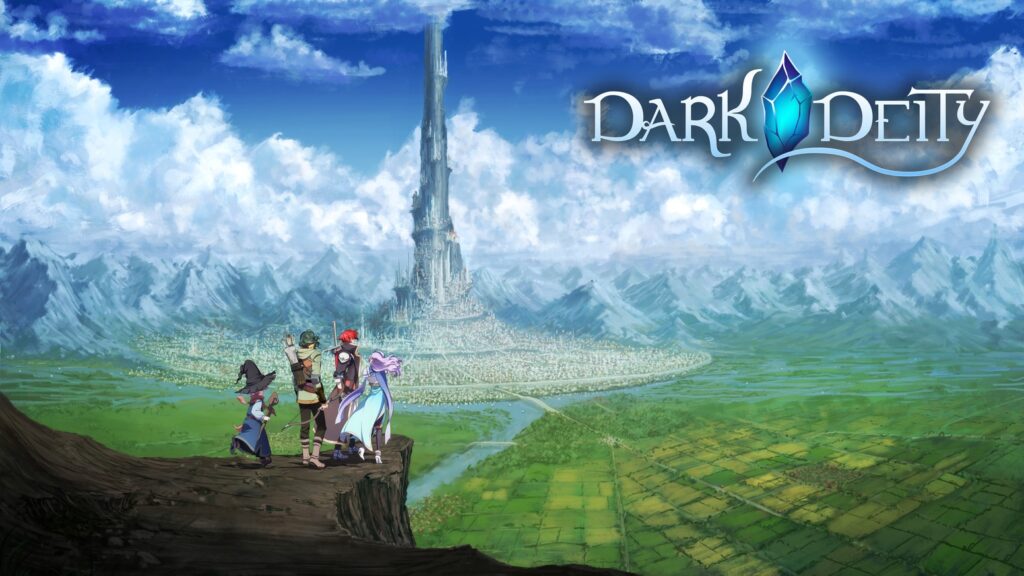
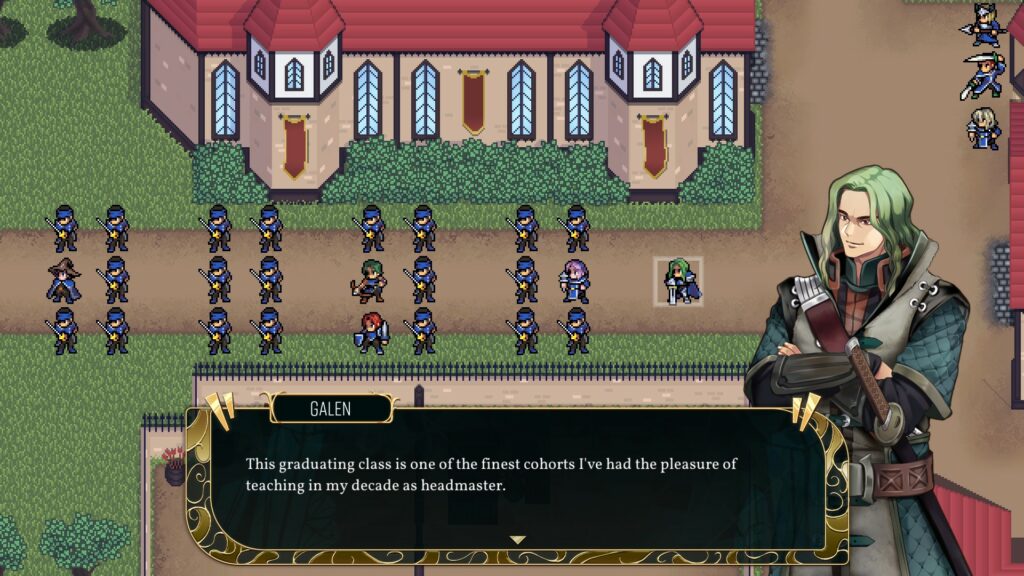
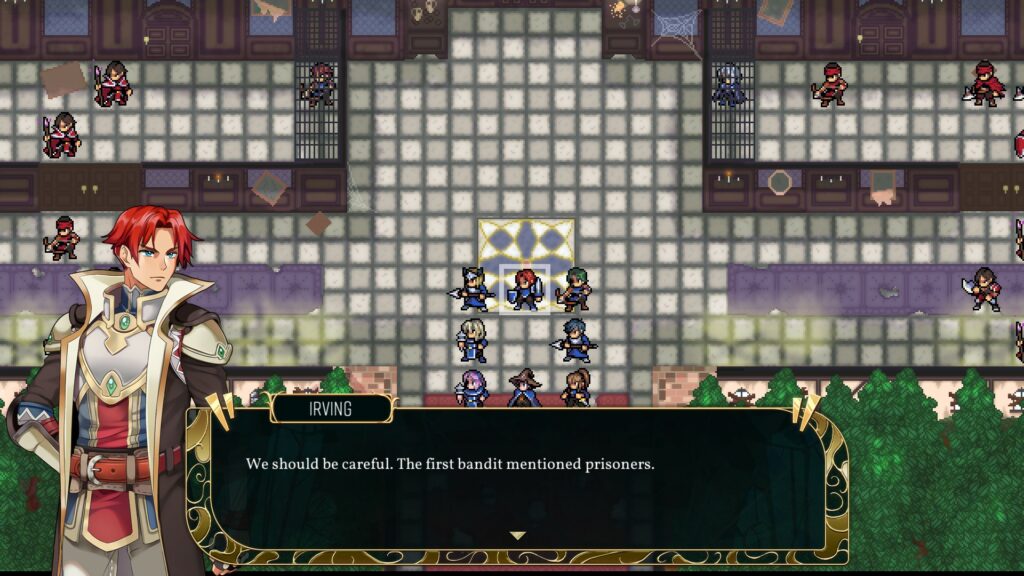
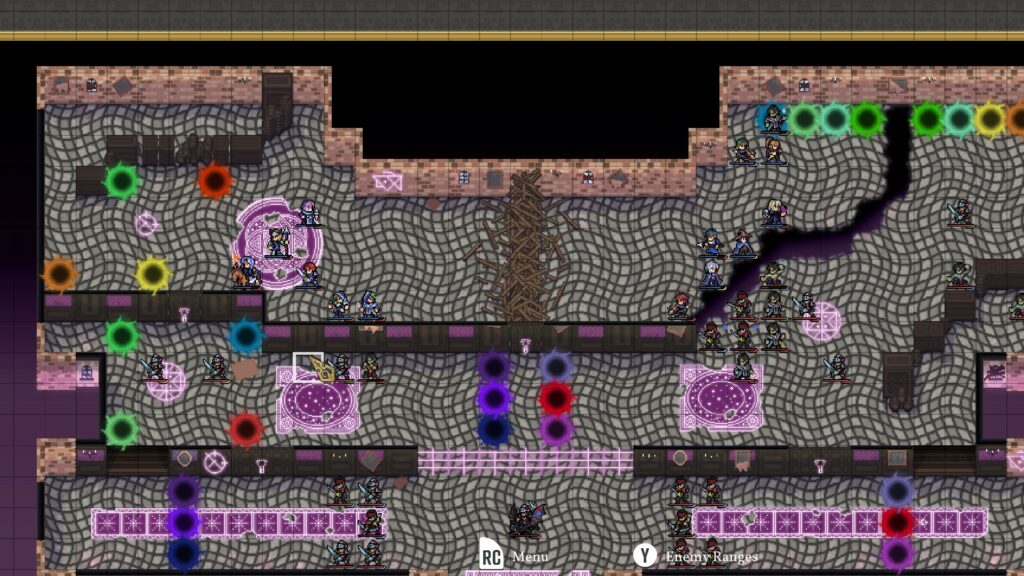
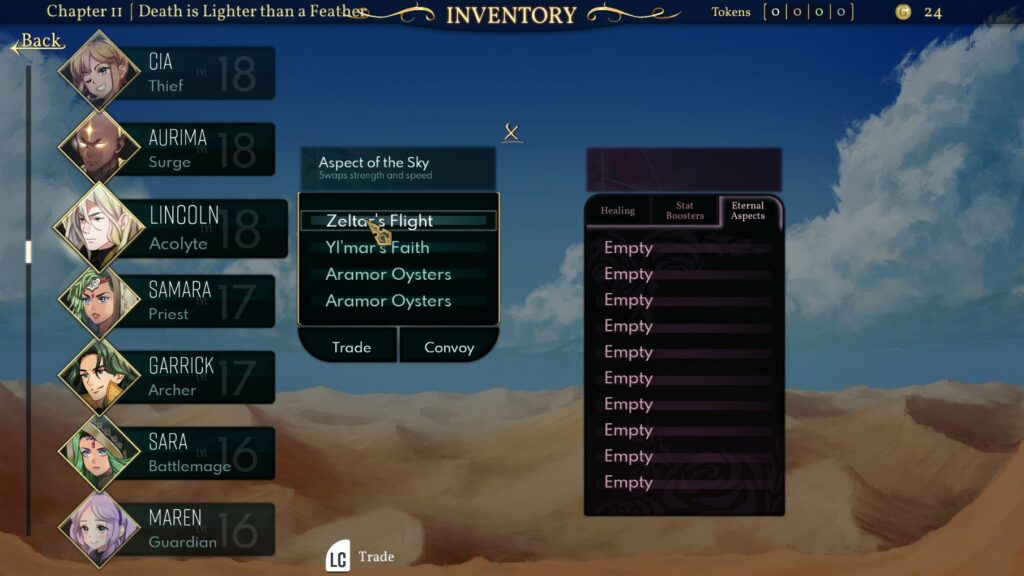
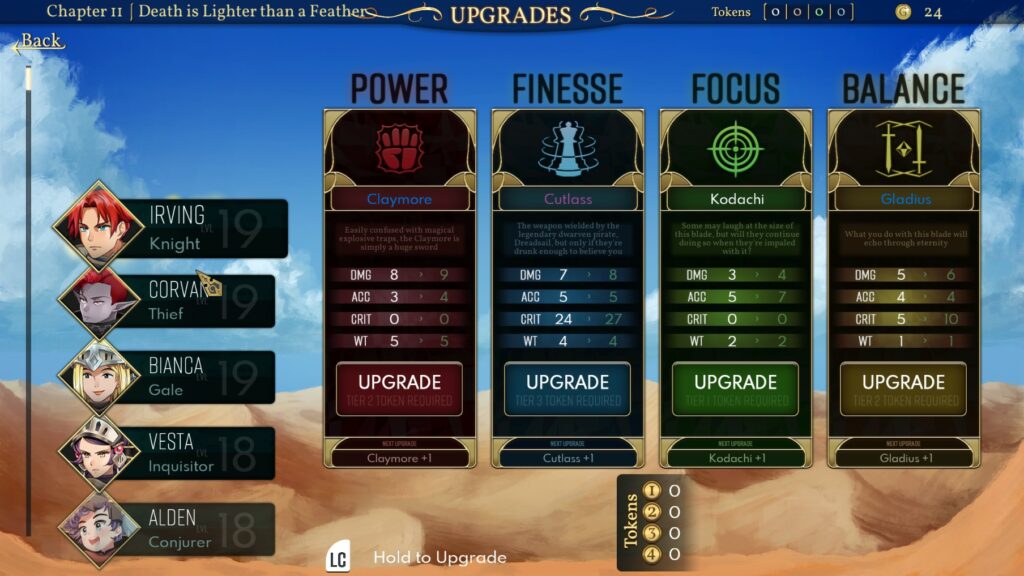
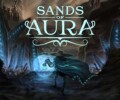


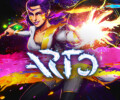
No Comments